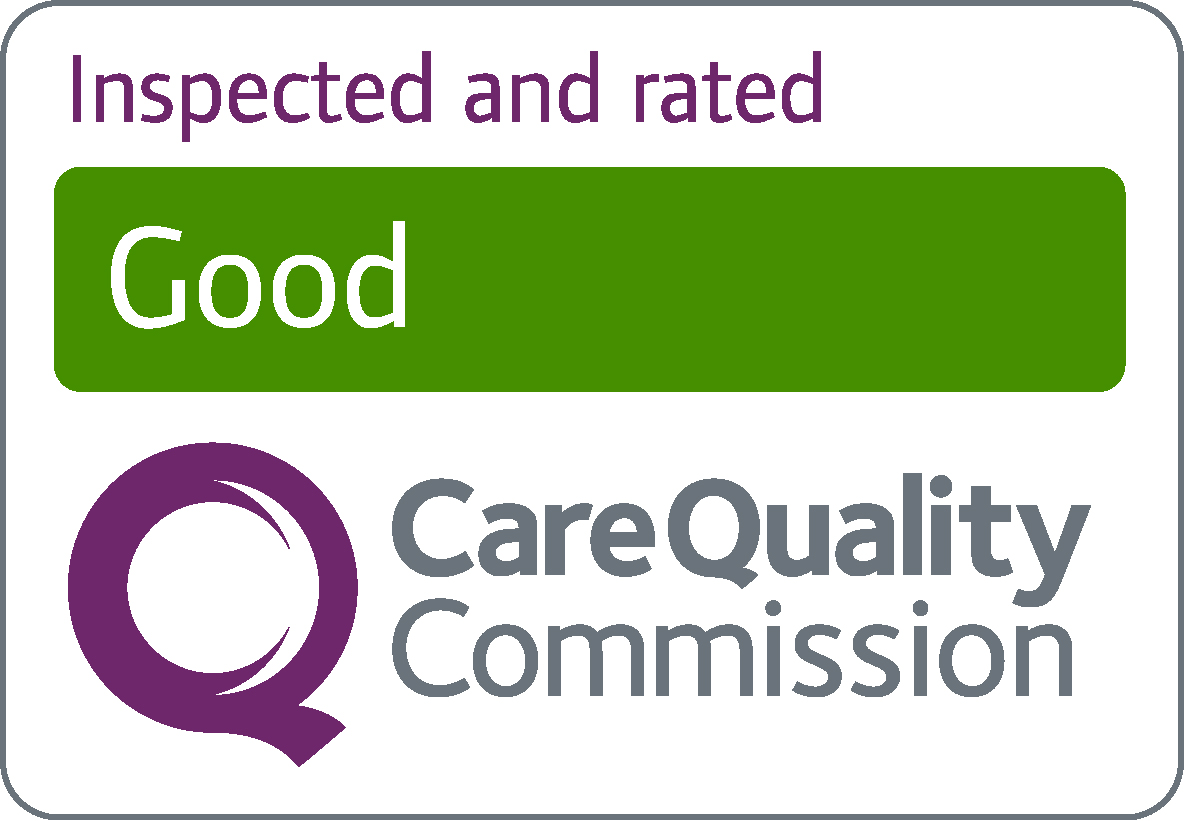Antisocial Personality Disorder
Antisocial Personality Disorder
The Antisocial Personality Disorder is a long-lasting mental illness whose pattern includes the disregard and violation of the right of others. Individuals with ASPD tend to engage in manipulative or dishonest, aggressive, or irresponsible behavior with no remorse or guilt.
Antisocial Personality Disorder Overview
Understanding Causes, Symptoms, and Risk Factors
Causes
- Genetics -Personality disorder or mental illness in family history.
- Differences in brain structure -In particular brain regions involved in control of impulses.
- Abusive or Neglecting childhood.
- Living in a violent or turbulent family.
- Symptoms could aggravate or be escalated by substance abuse.
Symptoms
- Continuous falsehood, concealment or the use of other names.
- Lack of proper planning and impulsiveness.
- Frustration and multiple conflicts or violence.
- Careless violation of safety (personal and others).
- Difficulty to sustain disburdens (work, funds).
- No guilt following mistreatment of others.
Risk Factors
Can Antisocial Personality Disorder be prevented?
While there’s no guaranteed way to fully prevent ASPD, early intervention and a supportive environment can lower the risk.
A well-balanced diet, which introduces iron-containing foods, can contribute to the general mental and physical health, and this health factor, in its turn, can decrease even the likelihood of behavioral distortions. Conduct disorder is important to diagnose and treat early since some conditions are worse such as the Antisocial Personality Disorder.
oods, including lean meats, beans, lentils, spinach, fortified cereals, and nuts can help maintain healthy iron levels.

How Chequers can help Diagnose and Treat
Preventive, Trusted, and Affordable Healthcare for All
Chequers Health is a well-known private healthcare provider in Bolton. It is registered with the CQC and trusted by many patients in the Northwest of England. Our dedicated team is committed to providing personalised care tailored to each patient’s unique needs and exceptional care.

Our Clinicians
At Chequers Health, our specialists blend expertise, compassion, and convenience to deliver the care you deserve. We prioritise quick access and personalised care, ensuring that your health needs are addressed promptly and effectively by trusted professionals.
Frequently Asked Questions
Featured Articles
Stay Connected with Chequers Health Group
Join our community and be the first to know about updates and receive insights into how Chequers Health Group continues to provide exceptional and affordable healthcare services.







